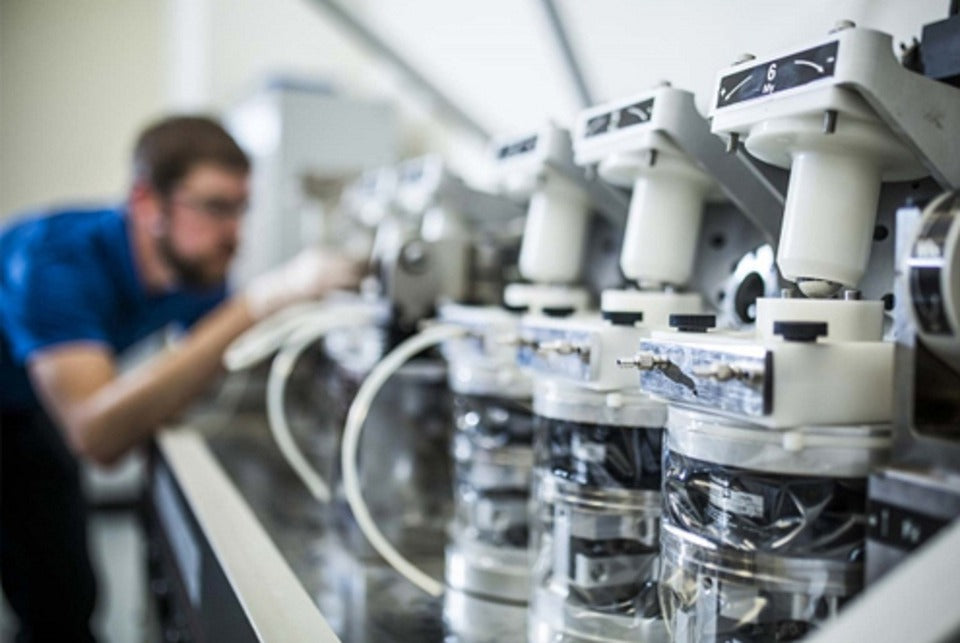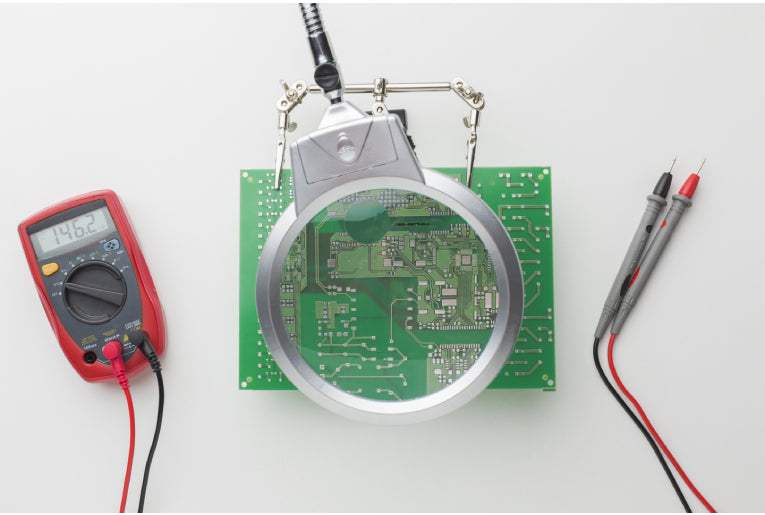
The FDA has strict guidelines and requirements concerning medical device manufacturing. These requirements make medical device development, which is conducted in several stages, seamless and efficient. They also ensure better risk analysis and device performance at each step.
For instance, as per the FDA, verification and validation (V&V) is required to be conducted. The V&V aims both to verify and validate the products requirements are being satisficed and that the device is performing as intended for both the healthcare staff and patients in a simulated setting.
In the event there are failures, they can be resolved quickly by tweaking the design of the medical device development. It is of paramount importance that each phase of the development of the medical device must be reviewed and evaluated.
Now, coming to the Quality Management System or most known as QMS is a set of documents that illustrate how the device is adhering to the FDA guidelines, like the V&V as mentioned earlier.
The International Standard for the Quality Management System is by the ISO 13485.
If you will be manufacturing the medical device in the territory of the United States, then your QMS will be carefully analyzed by the FDA. Next up, we are going to discuss the benefits of maintaining a strategic Quality Management System:
#1 Improves Chances of Pre-Launch Approval
In the US, the medical device manufacturer has to submit formal documentation to the FDA. One route is the 510(k), which is a formal means of providing FDA all the documents related to the medical device to illustrate that the device is effective & safe for use in the real world.
By having an efficient and well managed QMS, your 510(k) requests and Design History File (DHF) should be ready as soon as you are ready to launch the product, and FDA can review to determine whether the regulatory requirements are met.
#2 Keep the Design on Track
Another benefit of investing time and resources in the Quality Management System is to ensure that the documents, requirements and process are up to which helps Requirements Development, Design Control, Verification and Validation, Manufacturing, and Commercialization.
The FDA requires the ensign process to follow their regulatory rules, otherwise, you won't get the approval.
#3 Adhering to ISO 13485 standards
If a medical device development company is ISO 13485 compliant, then it means that they have a proper Quality Management System in line with the International standards. By having the QMS for obtaining the ISO 13485 certification, you can expand your medical device market to the European market.
Also Read - Managing the Design and Development of Medical Devices as per ISO 13485 Quality Management System (QMS)
Let’s Wind Up
If you are in search of hiring a medical device development partner, make sure you research well to narrow down on an ISO 13485 compliant company having a team of specialists from diverse verticals to spell life in your innovative idea. Check their market credibility and reputation, before inking a contract with them. Outer Reef Technology will be happy to discuss any of your new product development and QMS needs.
Leave a comment (all fields required)
Comments will be approved before showing up.


